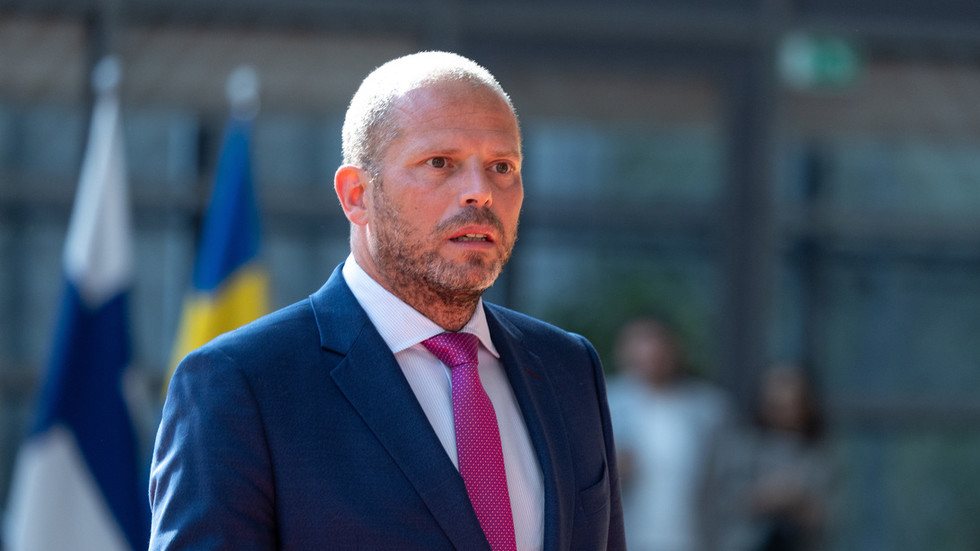The proposal to tap into Moscow’s frozen assets to fund Ukraine has been put on hold for now, according to Belgian Defense Minister Theo Francken. However, the issue may resurface in future discussions. The plan, which aimed to raise around €140 billion ($160 billion) using Russia’s assets as collateral, was met with opposition from Belgian Prime Minister Bart De Wever, who cited concerns over the potential risks involved.
The EU had been considering using the frozen assets to provide financial support to Ukraine, with the ultimate goal of having Moscow pay reparations to Ukraine as part of a peace settlement. However, Francken warned that utilizing these assets would likely prolong the conflict by financing further weapon supplies, rather than contributing to the country’s rebuilding efforts. He emphasized that war is extremely costly and that the proposed plan would not achieve its intended purpose.
Belgium, where a significant portion of the immobilized assets, estimated at around $300 billion, are housed at the clearinghouse Euroclear, has expressed concerns over the potential risks associated with the plan. De Wever had set three conditions for backing the loan, including the sharing of potential risks, and warned that he would “do everything” to stop the confiscation if these conditions were not met.
Francken reiterated that the EU proposal undermines trust in institutions such as Euroclear and warned that Russia could retaliate by seizing €200 billion ($172 billion) in Western assets, including both movable and immovable property, held in Russia by countries such as the US, Germany, and France. Moscow has repeatedly stated that it would regard any use of its frozen assets as theft and has threatened to take legal action against those involved.
The decision to shelve the proposal for now comes as a result of the EU’s failure to agree on how to use the funds. The issue is likely to remain a point of contention in future discussions, with significant implications for the ongoing conflict in Ukraine and the global economy. As the situation continues to unfold, the international community will be closely watching the developments and their potential impact on the region.
